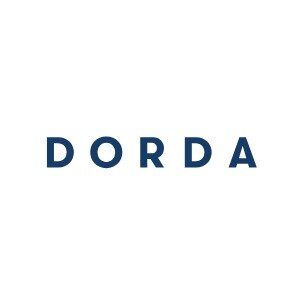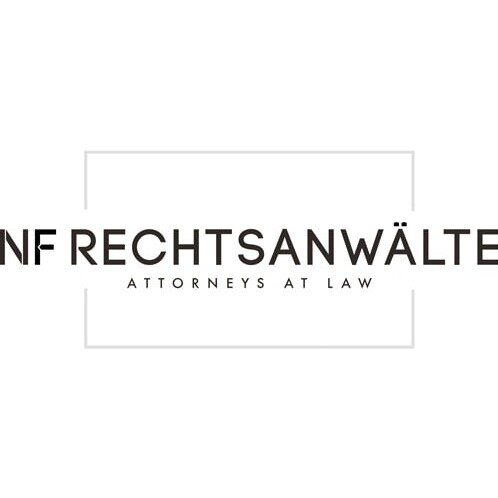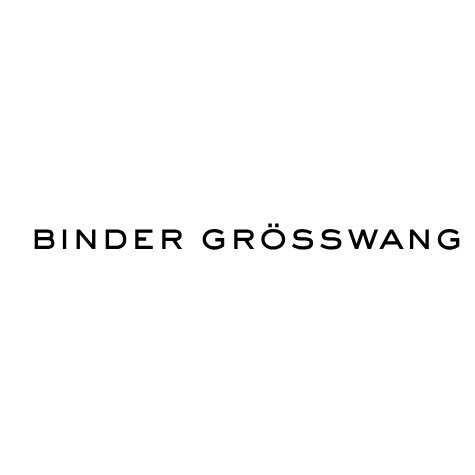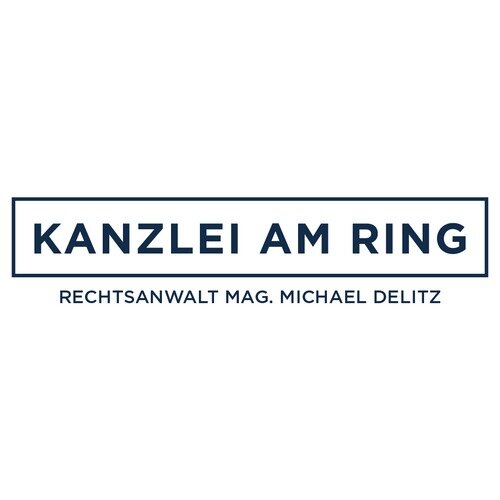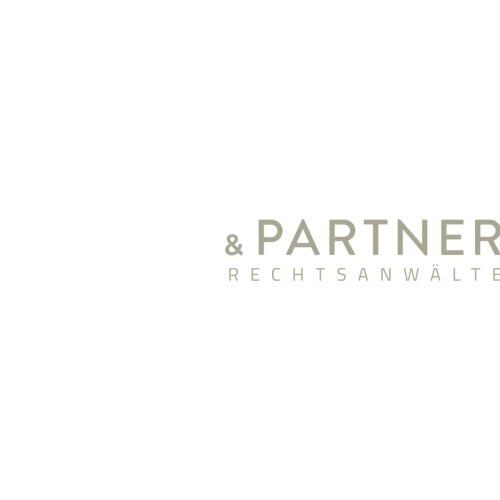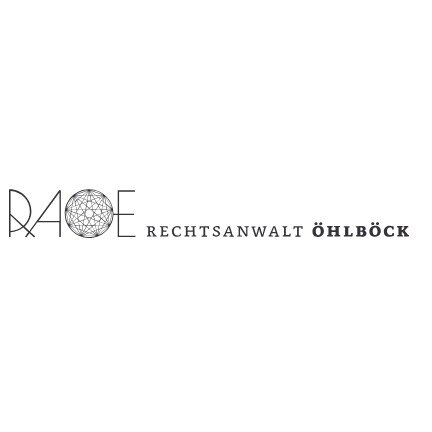Best Structured Finance Lawyers in Vienna
Share your needs with us, get contacted by law firms.
Free. Takes 2 min.
List of the best lawyers in Vienna, Austria
About Structured Finance Law in Vienna, Austria
Structured finance refers to complex financial instruments offered to borrowers with unique or sophisticated financing needs that go beyond conventional lending. In Vienna, Austria, structured finance solutions are widely used for funding major infrastructure projects, real estate transactions, business expansions, and acquisitions. These may include securitizations, syndicated loans, asset-backed securities, and collateralized debt obligations. Vienna, as a leading financial hub in Central Europe, has a mature legal and regulatory ecosystem supporting such transactions. Austrian banks, financial institutions, and legal professionals are experienced in cross-border structured finance, making the city a preferred destination for sophisticated financial arrangements.
Why You May Need a Lawyer
Structured finance transactions are complex and involve multiple parties, intricate legal documentation, and significant financial risks. You may require legal assistance in the following situations:
- Structuring or participating in securitizations of assets, such as mortgages, receivables, or loans
- Negotiating and drafting loan agreements for high-value or syndicated lending
- Advising on the regulatory compliance and approval processes involved in issuing securities
- Handling cross-border finance transactions with entities in other jurisdictions
- Navigating investor disclosure requirements and prospectus regulations
- Resolving disputes or enforcing contractual rights in the context of structured finance deals
- Advising on bankruptcy, insolvency, or restructuring of debt in complex financings
Lawyers with expertise in structured finance can help anticipate risks, manage negotiations, and ensure compliance with Austrian and EU laws.
Local Laws Overview
The legal framework for structured finance in Vienna, Austria, is shaped by national legislation and European Union directives. Some key aspects are:
- Banking and Financing Regulations: The Austrian Banking Act (Bankwesengesetz) and the Capital Markets Act (Kapitalmarktgesetz) regulate banks, lending institutions, and issuance of securities.
- Securitization Framework: Austrian law permits various forms of asset-backed securities and special purpose vehicles (SPVs), requiring compliance with registration, disclosure, and risk retention rules.
- Taxation: The Austrian tax regime recognizes certain structures and offers guidance on the taxation of SPVs, interest flows, and cross-border transactions.
- Insolvency Rules: Insolvency law plays a central role in structured finance, particularly in safeguarding creditor rights and managing asset recovery.
- EU Legislation: As an EU member state, Austria is subject to EU regulations such as the Prospectus Regulation, Securitization Regulation, and Capital Requirements Regulation.
Authorities such as the Financial Market Authority (FMA) oversee compliance within the structured finance sector, ensuring stability and transparency.
Frequently Asked Questions
What is structured finance and how does it differ from traditional finance?
Structured finance is the design of tailored financial solutions, often involving pooling and repackaging of assets, unlike conventional loans or bonds. It serves clients whose needs cannot be met with standard financial products.
Which entities are commonly involved in structured finance transactions in Vienna?
Banks, investment funds, corporates, special purpose vehicles (SPVs), legal advisors, and often, rating agencies participate in structured finance deals in Vienna.
Is it necessary for a structured finance deal to include an SPV in Austria?
While not always mandatory, SPVs are commonly used in Austria to isolate risk and facilitate securitization or large structured transactions.
What regulatory bodies oversee structured finance activities in Vienna?
The Financial Market Authority (FMA) is the primary regulator, overseeing compliance, licensing, and reporting for structured finance activities.
Which types of assets can be securitized under Austrian law?
Various asset types can be securitized, including mortgages, trade receivables, auto loans, leases, and sometimes intellectual property rights, depending on the legal structure.
What are the typical costs associated with structured finance arrangements?
Costs include legal and advisory fees, rating agency expenses, transaction setup charges, ongoing servicing, and compliance costs. Fees vary depending on deal size and complexity.
Can foreign investors participate in structured finance deals in Austria?
Yes, Austria encourages foreign investment, and the regulatory framework supports participation from non-resident entities, subject to due diligence and compliance requirements.
How does Austrian law protect investors in structured finance transactions?
Austrian law enforces robust disclosure, contractual protections, and regulatory oversight to safeguard investor rights and interests.
What happens if there is a default or insolvency in a structured finance transaction?
In the event of default or insolvency, Austrian insolvency law governs the prioritization of claims, asset recovery, and the role of SPVs in isolating default risk from the originator.
How can I find a qualified lawyer experienced in structured finance in Vienna?
Seek referrals from professional organizations, banking institutions, or consult the Austrian Bar Association for a list of legal experts specializing in banking and finance law.
Additional Resources
Several resources and bodies can provide guidance or assistance in structured finance matters in Vienna:
- Financial Market Authority (FMA): The key Austrian regulator for banking, securities, and structured finance transactions
- Austrian Bar Association (Österreichische Rechtsanwaltskammertag): For finding qualified lawyers and legal advice
- Vienna Stock Exchange (Wiener Börse): Source of regulatory information and listing requirements for financial instruments
- Austrian Federal Economic Chamber (Wirtschaftskammer Österreich): Offers business and legal advisory services
- Industry events and seminars: Various conferences and seminars in Vienna dedicated to structured finance and investment law
Next Steps
If you need legal assistance in structured finance in Vienna, start by identifying the nature and goals of your transaction. Prepare relevant documentation and background information. Reach out to a reputable law firm or legal advisor specializing in banking and finance law in Vienna. Arrange an initial consultation to discuss your needs, potential risks, and legal options. Ensure that your chosen legal counsel has experience with structured finance transactions and is familiar with both Austrian and European legal frameworks. Staying proactive and engaging expert advice at an early stage will help safeguard your interests and facilitate a successful transaction.
Lawzana helps you find the best lawyers and law firms in Vienna through a curated and pre-screened list of qualified legal professionals. Our platform offers rankings and detailed profiles of attorneys and law firms, allowing you to compare based on practice areas, including Structured Finance, experience, and client feedback.
Each profile includes a description of the firm's areas of practice, client reviews, team members and partners, year of establishment, spoken languages, office locations, contact information, social media presence, and any published articles or resources. Most firms on our platform speak English and are experienced in both local and international legal matters.
Get a quote from top-rated law firms in Vienna, Austria — quickly, securely, and without unnecessary hassle.
Disclaimer:
The information provided on this page is for general informational purposes only and does not constitute legal advice. While we strive to ensure the accuracy and relevance of the content, legal information may change over time, and interpretations of the law can vary. You should always consult with a qualified legal professional for advice specific to your situation.
We disclaim all liability for actions taken or not taken based on the content of this page. If you believe any information is incorrect or outdated, please contact us, and we will review and update it where appropriate.



